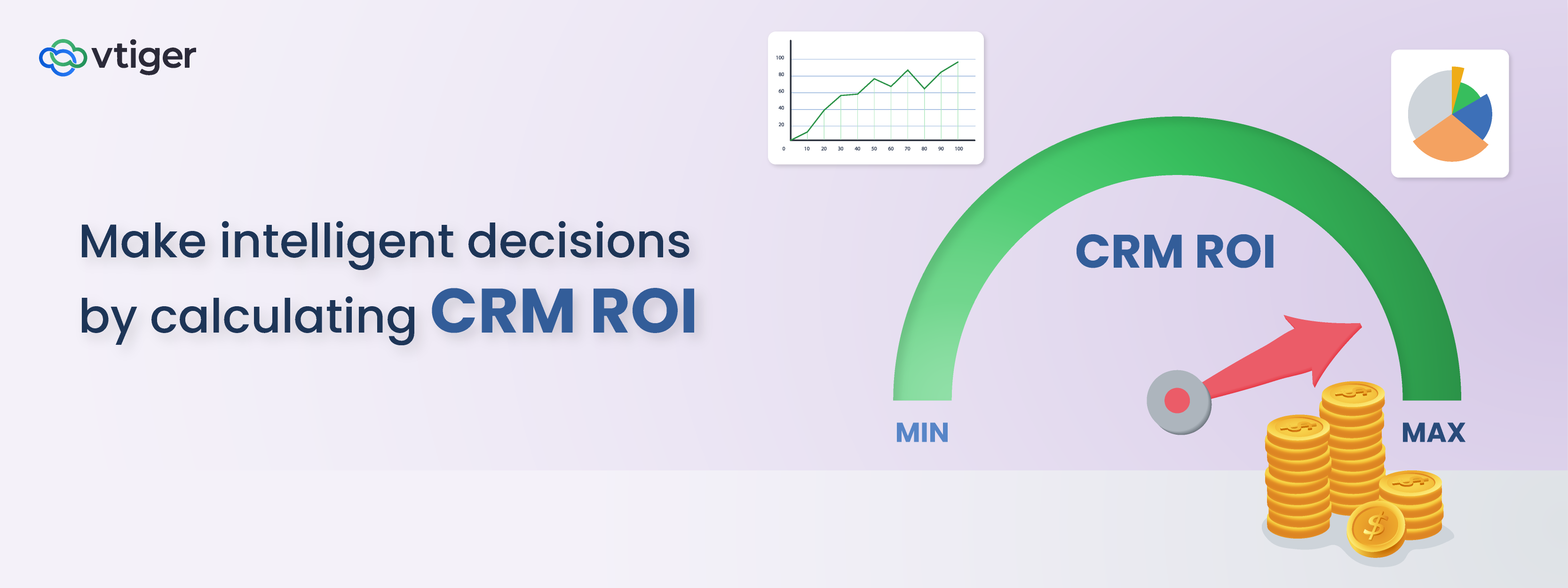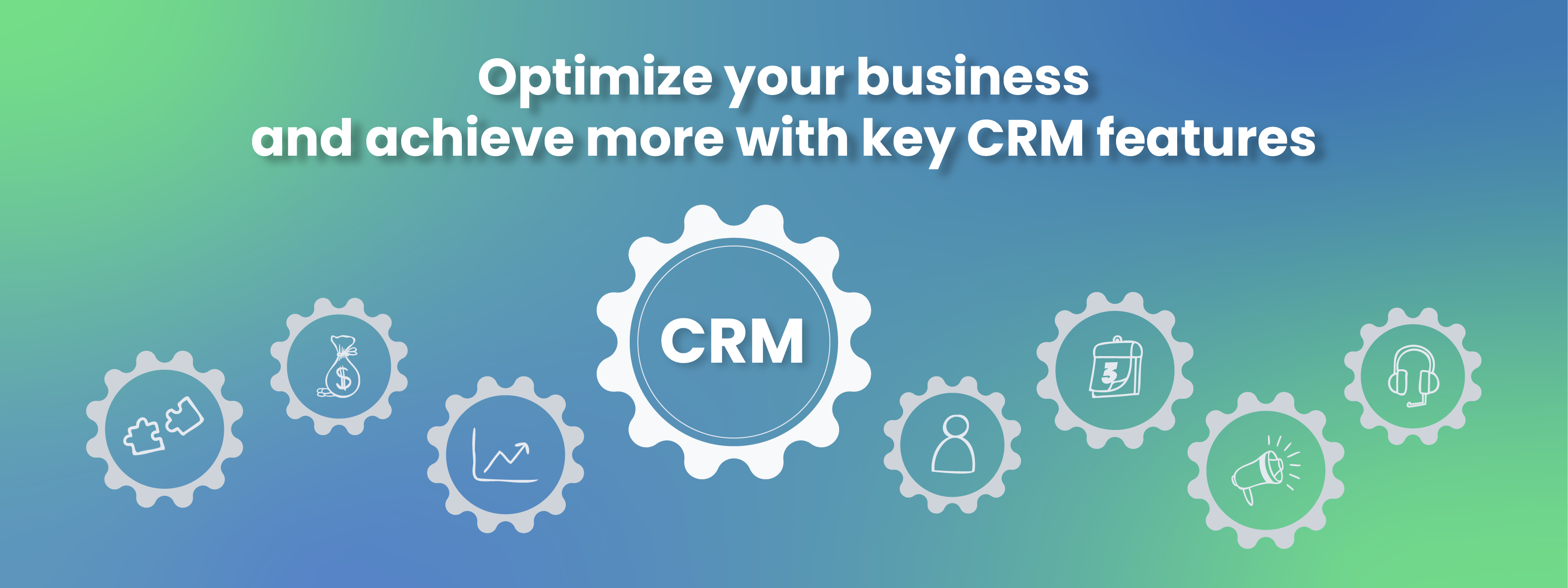Thanks to technology, our lives have evolved in more ways than one. It has changed the way we eat, shop, communicate, and learn. From buying goods on the street to visiting a store, shopping for one has made great strides.
Now we have a more convenient form of shopping – online purchasing. A survey in 2018 showed that around 63% of customers prefer making online purchases; especially now, due to the COVID outbreak, online shopping has hit the roof.
It means a digital presence, regardless of what they sell, is now a must for retailers of all sizes.
As the consumer database expands, retailers from across the world face many but similar challenges like keeping up with customer experiences, retaining customer loyalty, etc. So how do you, as a business, solve these problems? Well, you can opt for a CRM solution that suits your business needs.
If you are trying to set up a distribution network, an online retail website, a brick and mortar store, or a shopping mall kiosk, then a CRM software is a must for your retail company to succeed.
What makes CRM software an excellent tool for making your retail operations successful?
We will eventually address this question in the blog, but it’s essential to understand what CRM is first.
What is CRM?
CRM or Customer Relationship Management is a process that helps you manage and analyze customer needs and improve customer relationships.
Read the Beginner’s Guide – What is a CRM?
Why do you need CRM?
Today, consumers are more conscious of products and also demanding. They know what they want and where to buy it. Retaining their loyalty is a significant challenge for retailers. Marketing, social media platforms, and better accessibility play a crucial role in deciding customer behavior.
This is where CRM comes into the picture. A retail CRM solution:
- Provides insight into consumer behavior and sales patterns by collecting and evaluating sales data.
- Helps store customer information, enabling you to predict future trends, formulate better strategies, and make critical decisions.
- Allows you to develop customer programs to provide personalized services and retain customers in the long run.
In short, CRM solutions for the retail sector help increase customer loyalty, reduce expenditure, and boost company performance.
How is CRM beneficial to retailers?
Have we convinced you about the value of a CRM system in the retail sector? If you are thinking ‘no,’ then read on… We are sure this segment will work its magic.
Here we have listed five perks of using a CRM that can be beneficial to your retail business:
- Categorize your customers
- Do targeted promotions
- Store purchase information
- Provide better customer service
- Promptly address your customer’s complaints
- Establish positive, long-term relationships with all your customers
- Retain your current customers

CRM software helps you to store information about all your customers. It gives you valuable insight into their interests, shopping history, and trends as per demography. You can segment your market, create categories of the most desired customers, and assign them to professional account managers for better service. By providing customized solutions to your clients, you will enhance their experience.
When you build segments, you know where your consumers belong and what their expectations are, and thus you will create strategies to serve them best. For example, if your CRM data indicates you have many seniors amongst your clientele, you can develop strategies to target only them.

Have you ever searched for a product on Amazon, and surprisingly, you received a promotional email related to the same?
In the initial days of online shopping, many customers would have attributed this to some supernatural force. Now we all know this force is nothing but a targeted promotion.
A CRM solution helps you collect necessary customer information. With this data, you can plan your promotions in a more focused and systematic manner. For example, when you know that a particular customer has looked at a specific product on your website, you can send promotional elements of that item to them.
That means your clients, who are not interested in the item, will not see any irrelevant emails. This keeps your customers’ interest in your business alive and kicking, thereby improving your revenue.

CRM software allows you to record your customers’ purchases and service calls.
With customer purchases, you can track product movement and whether the purchase posed warranty or dissatisfaction concerns. Based on this information, you can notify them about individual sales and send special offers to your customers.
Such strategies place your products in front of the customers with an offer just when they need them. For example, you can provide them the benefit of lower prices if they buy from you again. The cost of such a targeted campaign, on your side, is less than marketing to a broad audience and getting only a few responses.

Customers can be demanding, and you have to be on your toes to keep them happy. One bad experience may put a question mark on brand loyalty. Your loyal customer may end up choosing your competitor in search of a better experience.
With a CRM solution in place, you will be able to:
If you know your client’s lifecycle, you could make them ‘returning customers,’ and they will recommend your business to others.

A CRM software’s primary purpose is to help you and your team members establish powerful customer-centric strategies. If you look after your customers well, retaining them is not that big a challenge.
For instance, loyalty programs are an effective way to maintain and retain your existing customers. With the help of a CRM system, you can run a loyalty program by monitoring transactions, distributing discount coupons, and adding reward points for your valued customers. Acquiring new customers is very expensive in the long run than discounting returning customers. Thus, loyalty programs help reduce your expenses.
If you liked this blog and gained some knowledge about how a CRM benefits retail industries, you will be glad to know this is the first in the series of blogs we will be publishing.
In the upcoming blogs, we will talk about CRM for online and offline stores, omnichannel marketing, social media impact in marketing, etc.
If you have a retail business but not using a CRM yet, then it is time you checked out Vtiger CRM.
Vtiger CRM is a cloud-based software that will boost your business operations and help you manage customer data efficiently.
If you’re interested to know about Vtiger CRM and its offerings, check out these links:
- Ebook – CRM Buyer’s Guide
- Webinar – Inventory Management – Part 1
- Webinar – Inventory Management – Part 2




